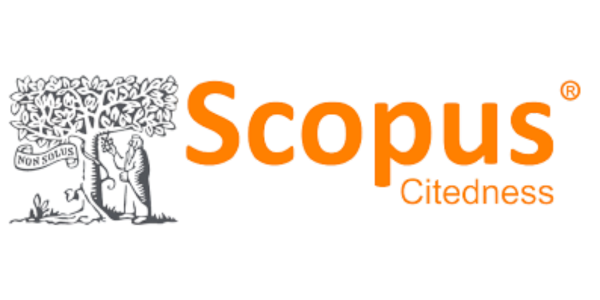- ADDITIONAL MENU
- Focus and Scope
- Author Guidelines
- Peer Review Process
- Publication Ethics &
Malpractice Statement - Publication Fee
- Publication Frequency
- Copyright Notice
- Plagiarism Policy
- Open Access Policy
- Archiving
- Abstracting and Indexing
- Retraction, Withdrawal, & Correction Policies
- Generative AI Policies
- Accreditation Certificate
Focus and Scope
Walisongo Law Review is a peer-reviewed journal dedicated to the critical analysis and theoretical examination of contemporary legal issues, with a particular emphasis on the Indonesian context and global perspective. The journal provides a platform for scholarly discourse on the evolution, implementation, and philosophical foundations of law across various domains.
We welcome original research, case analyses, and theoretical papers that explore the dynamic interplay between legal frameworks, societal challenges, and emerging technologies. The scope of the journal encompasses, but is not limited to, the following areas:
1. Jurisprudence and Legal Principles
Scholarly work on legal theory, including discussions on legal pluralism, the challenges of living law (customary law) in modern systems, and the application and evolution of fundamental principles such as the principle of legality and the presumption of innocence.
2. Law, Technology, and Cybersecurity
Research on the intersection of law and technology. This includes the legal frameworks for Artificial Intelligence (AI), the regulation of e-commerce, the urgency of personal data protection, strategies for combating digital crime (like pornography), and the evaluation of global cybersecurity laws and enforcement mechanisms.
3. Criminal Law and Justice
Analysis of criminal offenses (such as blasphemy) and their historical transformation, as well as procedural mechanisms like non-conviction-based asset forfeiture and their implications for justice.
4. Public, Commercial, and Corporate Law
Studies on government and corporate legal frameworks, including state investment strategies (like Danantara), the management of moral hazard in public finance, and corporate responsibility for issues such as hazardous waste pollution.
5. Environmental Law
Examination of environmental regulations, corporate liability, and legal strategies for addressing pollution and protecting natural resources.
6. Social Justice and Labor Law
Critical studies on the role of law in navigating humanitarian challenges, focusing on Indonesian labor law, justice, and equality in the workplace.









